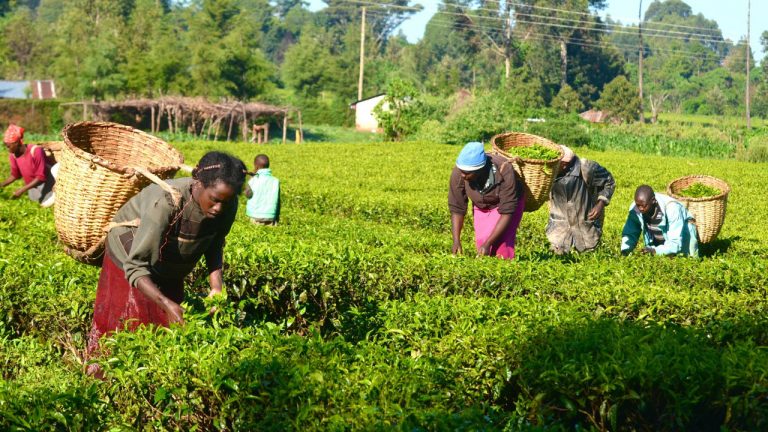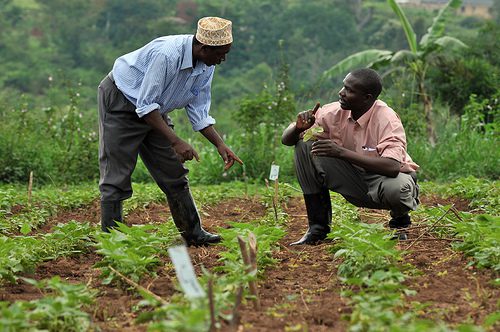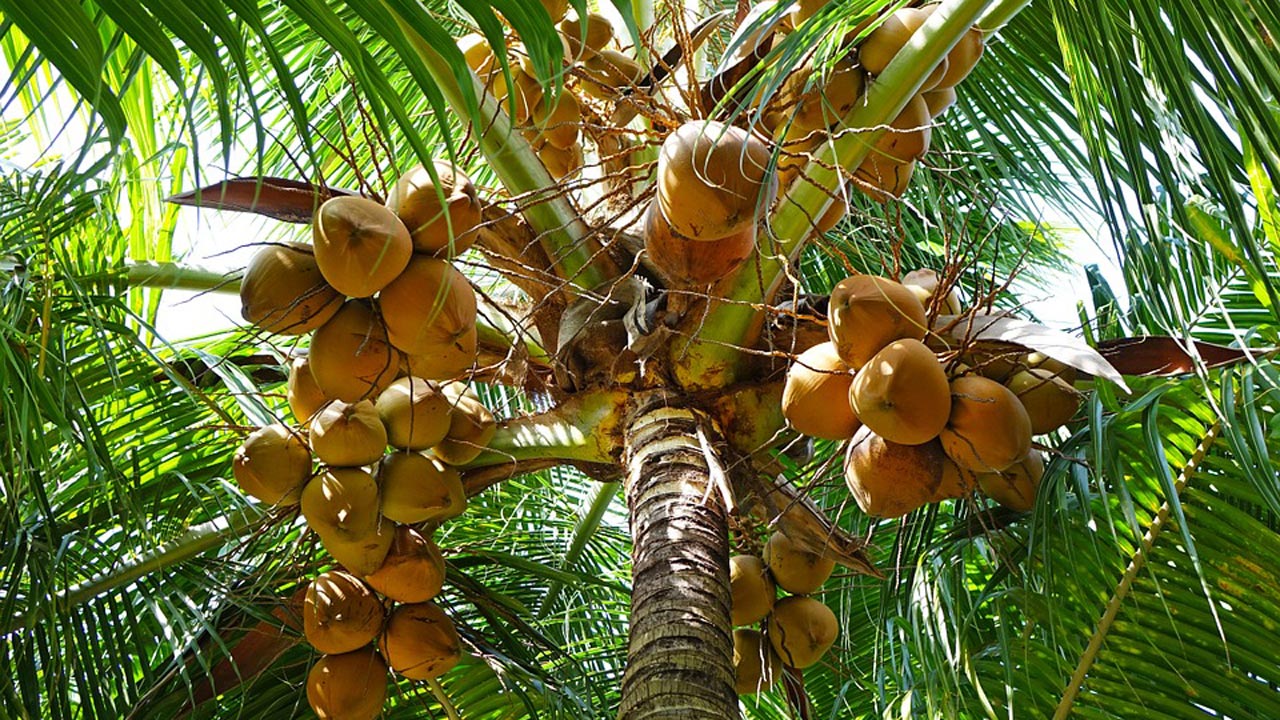The Minister of Marine and Blue Economy, Alhaji Adegboyega Oyetola, has reaffirmed the Federal Government’s commitment to developing a sustainable seafood production value chain that will drive food security, employment generation, and economic growth in Nigeria.
The minister who made this reaffirmation yesterday at an interactive seminar between stakeholders and regulatory authorities involved in stockfish and seafood import and export trade in Lagos, emphasised that the seafood value chain remains a key pillar of Nigeria’s blue economy.
“The seafood value chain is an important component of Nigeria’s food security, trade system, and nutrition improvement. It supports our goal of harnessing marine and aquatic resources for sustainable economic growth,” he said.
Oyetola, who was represented by the Director, Federal Fisheries and Aquaculture, Wellington Omoragbon, commended the Government of Norway and the Norwegian Seafood Council for their annual collaboration with Nigeria, describing the partnership as instrumental to advancing the fisheries and aquaculture subsector.
He disclosed that the Federal Ministry of Marine and Blue Economy has intensified efforts to strengthen policies and institutional frameworks guiding the sector through instruments such as the National Fisheries and Aquaculture Policy, Fisheries Bill, and Marine and Blue Economy Strategy and Implementation Plan.
He noted that while Nigeria still imports fish to meet demand, the long-term goal is to achieve self-sufficiency through public-private investment, improved infrastructure, and the adoption of modern technology.
Oyetola further disclosed that the government is strengthening the cold chain system, enhancing value addition, and collaborating with development partners, including the World Bank and research institutions, to promote innovation and sustainability.
He also announced efforts to streamline seafood import and export procedures through collaboration with agencies such as National Agency for Food and Drug Administration and Control (NAFDAC), Standard Organisation of Nigeria (SON), and the Nigeria Customs Service, supported by the National Single Window platform for digitalised operations.
Under the Blue Economy framework, he added, the ministry is addressing illegal, unreported, and unregulated fishing, promoting private sector investments, and upgrading fish processing systems to meet global standards.
“The government alone cannot achieve these goals. Stakeholders must cooperate, comply with standards, and contribute practical solutions to challenges facing the sector,” he urged.
Also, the Royal Norwegian Ambassador to Nigeria, His Excellency Svein Baera, emphasised the profound cultural and economic ties between the two nations, describing the seafood trade as more than just commerce —a story of cultural exchange and mutual benefit.
“Norway is a country blessed with a long coastline and cold, clean waters that have made us a global leader in seafood production for many years. Nigeria, on the other hand, is a country where people love stockfish; it is an important part of the Nigerian kitchen,” Baera said.
He noted that Nigeria remains one of the largest importers of Norwegian stockfish, a trade relationship that has evolved over decades into a symbol of friendship and shared values.
Baera emphasised both countries’ commitment to sustainability, noting that Norway’s reduction in cod quotas was a deliberate step to protect fish stocks and ensure long-term marine health.
“Unfortunately, this necessary reduction has led to increased prices for stockfish and stockfish heads, impacting both producers and consumers. This trend is expected to continue into the next year as further quota reductions are anticipated,” he explained.
The ambassador appealed to the Nigerian government to consider zero import duty on stockfish heads, describing it as a meaningful step toward ensuring accessibility and affordability for Nigerian consumers.
He reaffirmed Norway’s readiness to deepen collaboration with Nigeria through technology transfer, capacity building, and sharing of expertise in sustainable fisheries management and aquaculture development.
“There is much room for cooperation in technology and capacity building. Norway stands ready to support Nigeria as it develops its own fisheries and aquaculture industries, drawing from international best practices,” Baera added.
In her presentation, the Director of Business Support, Strategy and Organisation at the Norwegian Seafood Council, Kathrine Tveiteras, shared insights into Norway’s seafood export performance and the council’s pivotal role in promoting global seafood trade.
“Last year, we exported 38 million meals of seafood every single day, to a total value of $17.5 billion. It’s quite a lot for a small country like Norway,” she said.
Tveiteras explained that behind these figures lies the hard work of numerous players, large and small, across the seafood value chain, including those in cod, salmon, and other species.
She noted that the Norwegian Seafood Council, established in 1991 and owned by the Norwegian Ministry of Trade, Industry and Fisheries, represents the entire Norwegian seafood industry and is funded through a mandatory export levy.
“We work both for the seafood industry that finances our operations and on behalf of the government. Our main task is to increase demand for and knowledge about Norwegian seafood,” she stated.
The Director for Africa at the Norwegian Seafood Council, Johnny Haaberg, explained that Norway, being the largest producer of aquaculture salmon in the world, continues to share its knowledge of fish management and aquaculture practices with Nigeria to strengthen local capacity.
He, however, lamented that the global reduction in cod quotas, due to sustainability measures, has limited the quantity of raw materials available for stockfish production, leading to higher prices worldwide.
“We have the world’s largest cod stock up in the north, and we try to manage it sustainably. In Norway, scientists advise on how much fish should be caught each year to prevent depletion of the stock. When fish populations are weak, we reduce quotas so they can rebuild,” he explained.
According to him, this scientific approach, although necessary, has affected supply and demand, leading to increased global prices.
“Everybody wants cod, whether as stockfish in Nigeria and Italy, salted and dried in the Congo or Angola, or fresh and frozen in Northern Europe. When there’s less cod to sell, prices naturally go up,” he added.
Haaberg identified limited access to raw materials as the biggest challenge facing exporters, noting that producers have to pay more for cod in the market and therefore charge higher prices.
“We wish we had more stockfish at a good price to offer the Nigerian market. But because quotas are lower, exporters sell everything they have and cannot access more,” he said.
Fisheries Consultant to the Council, Abiodun Oritsejemine Cheke, disclosed plans to launch training programmes for Nigerian fish farmers and officers, focusing on sustainability, documentation, and trade certification areas, which aim to limit Nigeria’s fish exports.
She also renewed the call for a temporary zero-duty window of 150 days on stockfish heads, describing stockfish as one of the most affordable sources of protein for Nigerian families.
“A small pack costing about N200 can feed a family of four when combined with vegetables or local dishes. We hope the government will consider this request favourably,” she said.
Cheke added that once current export restrictions are lifted, Norway is ready to buy farmed Nigerian tilapia at zero export duty, a move that will boost local fish production and international trade participation.






